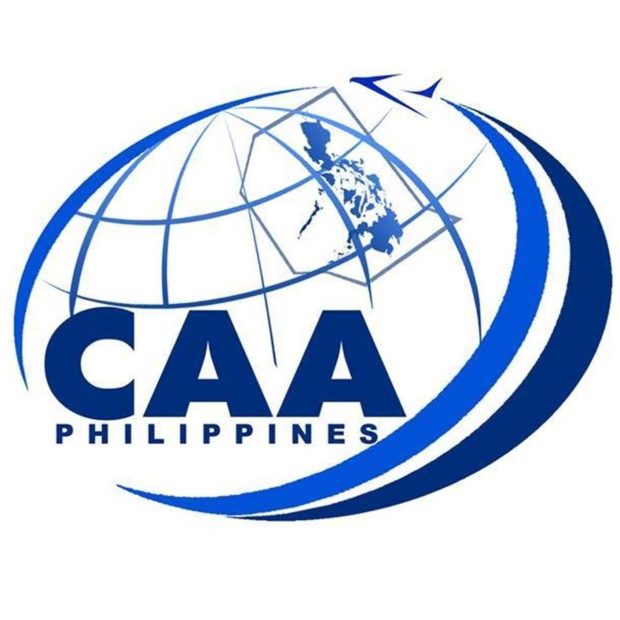
CAAP logo
MANILA, Philippines — Senator Sonny Angara on Monday called for reforms at the Civil Aviation Authority of the Philippines (CAAP) in the wake of the technical disaster in air traffic control that grounded hundreds of flights.
A power outage led to CAAP’s air navigation facilities shut down on New Year’s Day, affecting about 65,000 passengers.
“The technical glitch that took place last January 1 was a wake-up call for all of us about the need to address the gaps in our air transport systems, and the CAAP is front and center in all of this, which is why we have to institute the necessary reforms to provide the agency the tools necessary to effectively fulfill its mandate,” Angara said in a statement.
The Senate Committee on Public Services will tackle the issue on January 12.
The investigation, Angara said, should concentrate on identifying accountability and ensuring that relevant systems and institutions are capacitated and empowered to prepare and respond to such situations.
Senate Bill No. 1003, or An Act Strengthening CAAP, which Angara filed last year, is among the measures to be discussed during the hearing.
Under the measure, the tourism chief and the national defense secretary will be included in the CAAP board and two representatives from the private sector.
The bill also seeks to improve CAAP’s fiscal autonomy by granting an exemption from the Dividend law coverage.
Angara’s bill likewise calls for CAAP’s exclusion from the coverage of the Governance Commission for Government-Owned and Controlled Corporations law and the Salary Standardization law.
“We first filed the bill way back in 2018 upon the recommendation of the Safe Travel Alliance, with inputs from the CAAP. We refiled the bill in the current 19th Congress in recognition of the need to strengthen the CAAP as part of the efforts to ensure the safety, reliability, and efficiency of air transport in our country,” the senator explained.
Republic Act No. 9497, or the law that established CAAP, was enacted in 2008, Angara noted, adding that reforms have been introduced to respond to deficiencies in the supervision and management of the Philippine aviation industry.